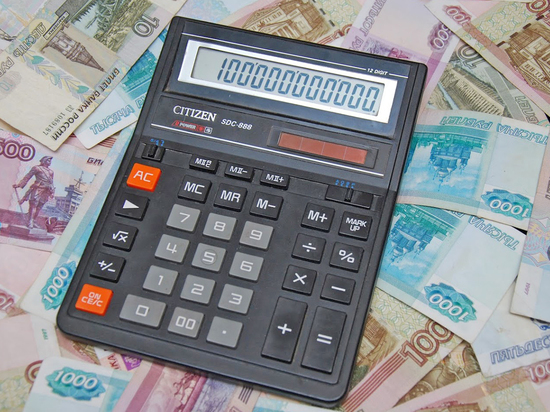
It happens that people borrow money, having written by hand a receipt for their return in a couple of months, but they are not in a hurry to return it within the specified period. In such a situation, the question arises whether a simple receipt can have legal force in court. From the material “Evening Volgograd.ru” you will find out whether the receipt is legally binding.
Yulia Filatova, who holds the position of leading legal adviser to the State Jurburo of the Volgograd Region, said that as soon as the money was transferred to friends, and they promised to return this amount orally or in writing, you entered into a loan agreement. If more than ten thousand rubles were lent, then, according to Art. 808 of the Civil Code of the Russian Federation, the loan agreement must be concluded in writing. The confirmation of the loan agreement can be a receipt from the borrower or other document that certifies the fact of transfer of money. In a word, a receipt can act both as a loan agreement and as a confirmation of the transfer of money.
According to Art. 810 of the Civil Code of the Russian Federation, the borrower must return the money within the period specified in the loan agreement or in the receipt. If acquaintances are in no hurry to return the debt, then you can go to court with a receipt and ask to collect all the costs of legal costs from the defendant. According to the law, you can return not only the amount of the principal debt, but also the interest on the loan, in the amount and in the manner determined by the agreement. This is stated in Part 1 of Art. 809 of the Civil Code of the Russian Federation. If the receipt does not say anything about interest, then you still have the right to them, however, in this case, they will be determined based on the key rate of the Central Bank, which is valid in the relevant period.
Also, according to Part 1 of Art. 395 of the Civil Code of the Russian Federation, in addition to the payment for using the money, the debtor will have to throw in for delay from the moment the agreed return period has passed.